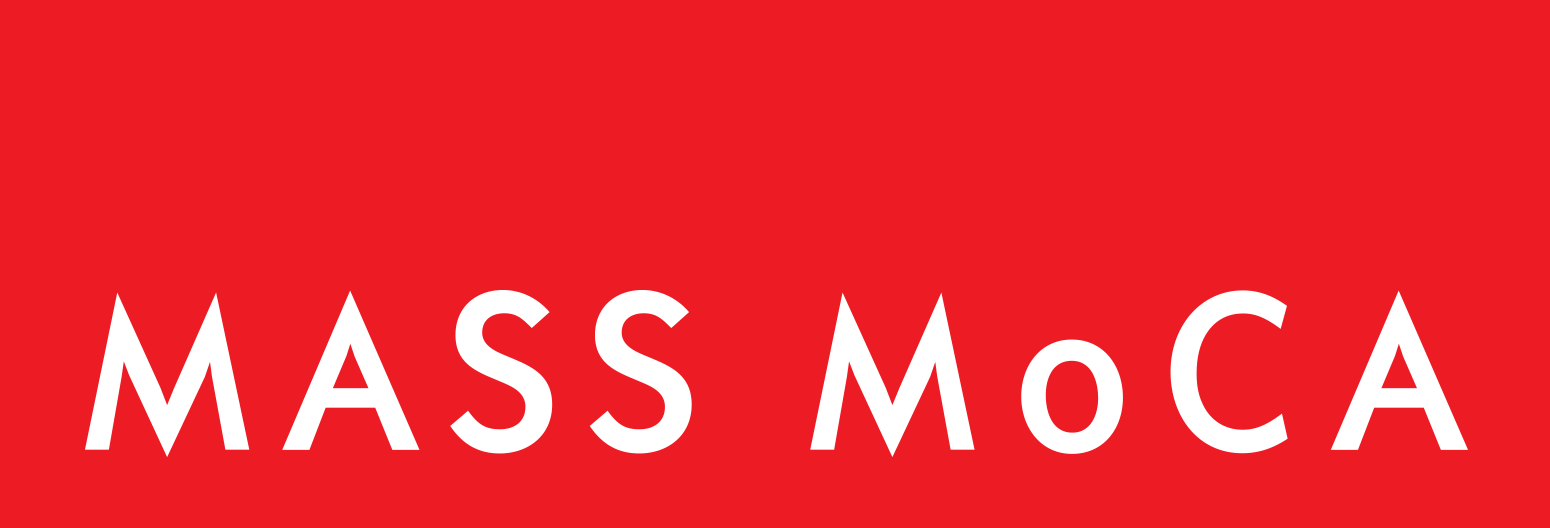For Immediate Release
7 November 2016
Contact: Jodi Joseph
Director of Communications
413.664.4481 x8113
jjoseph@massmoca.org
Steffani Jemison: Plant You Now, Dig You Later
Artist’s largest-ever solo exhibition examines language as power and resistance
NORTH ADAMS, MASSACHUSETTS — In her largest solo exhibition to date, New York-based artist Steffani Jemison uses the complicated role of language and literacy in black history to explore narration, abstraction, citizenship, education, and the role of the archive. At MASS MoCA, Jemison presents a sound work and an excerpt from a novella, along with her formally stripped-down, conceptually layered, and alluringly enigmatic photographs and drawings. The works center on alternative language systems constructed by black Americans and examines their subversive potential. The exhibition opens on March 18, 2017, with a reception from 5:30 to 7pm.
Plant You Now, Dig You Later is organized around a sound installation that uses Solresol — a universal language developed in the early 19th century that was based on the seven notes of the octave. The new work presents melodic interpretations of diverse texts, including dictionary entries, quotations from street fiction, and other found and invented materials. A related graphic score will be presented alongside the sound work. Jemison’s work with Solresol extends her interest in utopia and language, developed in previous works such as I Call This One “Happiness”, created for Triple Canopy, and Promise Machine, commissioned by MoMA (both 2015), as well as her interest in translation and the voice. Jemison’s research-based practice has often led her into sustained dialogues with local communities, fostered by the creation of book clubs, reading rooms, and musical performances.
Working in the tradition of conceptual artists such as Charles Gaines and Adrian Piper, Jemison is particularly interested in codes. Informed by the work of theorist and poet Édouard Glissant, her work often reframes quiet and opacity as forms of resistance, and privacy as a spiritual and protective value.
For Jemison, alternative systems of communication offer a way to think about what is private or public, transparent or opaque, and who or what is included or excluded. These questions influence the materials she uses, which include sheets of acetate that support gestural strokes made with acrylic. The calligraphic shapes appear suspended, floating in mid-air, almost recognizable, with their linguistic meaning obscured. These abstract “drawings” archive the key marks and symbols from Hamptonese — the private language of visionary artist James Hampton — extending Jemison’s multi-year engagement with Hampton’s work. In addition to her works on acetate, which will stretch down a gallery wall at MASS MoCA and onto platforms on the floor, Jemison will present a selection of photographs along with an excerpt from her ongoing novella printed in vinyl on the wall. The novella’s title Plant you now, dig you later refers to the black vernacular phrase meaning “see you soon,” and is specifically influenced by Louis Armstrong’s formulation: “And now I’ll do you ‘Just like the Farmer did the Potato — I’ll plant you now and dig you later.’” Influenced by Armstrong’s playful relationship to the English language, the novella teases out connections between literacy, nature, faith, and power.
Jemison’s works at MASS MoCA are also inspired in part by “The Confessions of Nat Turner,” an 1831 interview with the leader of the legendary rebellion of slaves and free blacks in Virginia. In his telling, Turner describes the “hieroglyphic characters” that appeared to him on cornstalks and that acted as the divine inspiration for the revolt. Other references in Jemison’s work include the more contemporary work of artist and musician Rammellzee and Clarence13X’s Supreme Alphabet, which the religious leader developed in the 1960s. Passed along by word of mouth, the Supreme Alphabet had secret meanings understood only by the initiated, and proposed that the traditional structures of power built by language can in turn be altered by language.
The title of Jemison’s novella and exhibition, in tandem with her mining of historical materials, seems to offer the possibility that the seeds of change planted in the past are still viable and ripe for harvest as we imagine what the future can be in the face of ongoing institutionalized racism and systemic inequity.
About the Artist
Steffani Jemison (b. 1981, Berkeley, CA) holds an MFA from the School of the Art Institute of Chicago (2009) and a BA in Comparative Literature from Columbia University (2003). Her work has been exhibited nationally and internationally at venues including the Museum of Modern Art, the New Museum, the Studio Museum in Harlem, the Brooklyn Museum, and the Drawing Center in New York; LAX><ART, Los Angeles, CA; the Royal Danish Academy of Fine Arts, Denmark; the Rhode Island School of Design Museum, Providence, RI; and the Neue Galerie Graz, Austria.
Images
A collection of high-resolution images is available here.
Sponsorship
This exhibition is supported by the Horace W. Goldsmith Foundation, the Barr Foundation, and the Massachusetts Cultural Council.
About MASS MoCA
MASS MoCA is one of the world’s liveliest (and largest) centers for making, showing, and enjoying today’s most important art, music, dance, theater, film, and video.
Gallery admission is $18 for adults, $16 for veterans and seniors, $12 for students, $8 for children 6 to 16, and free for children 5 and under. Members are admitted free year-round. The Hall Art Foundation’s Anselm Kiefer exhibition is open seasonally, spring – fall. For additional information, call 413.662.2111 x1 or visit massmoca.org.
Hours
11am to 5pm, closed Tuesdays
